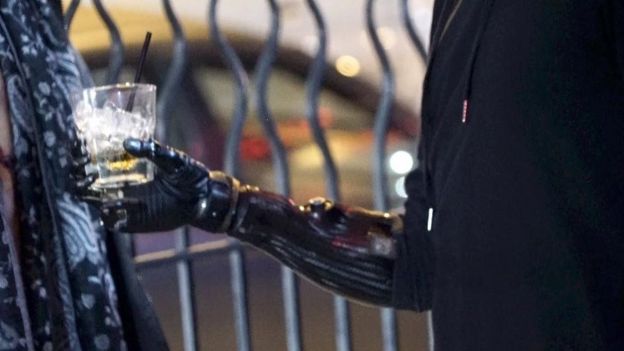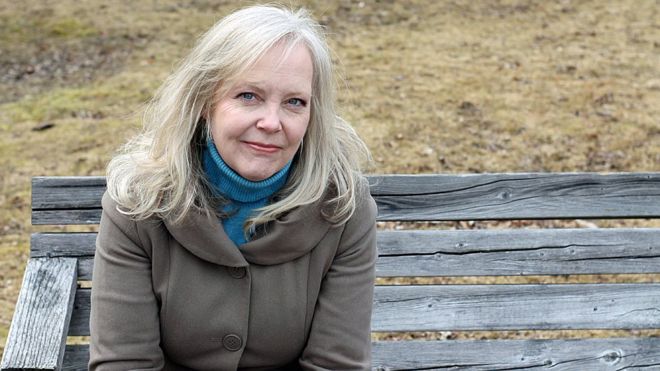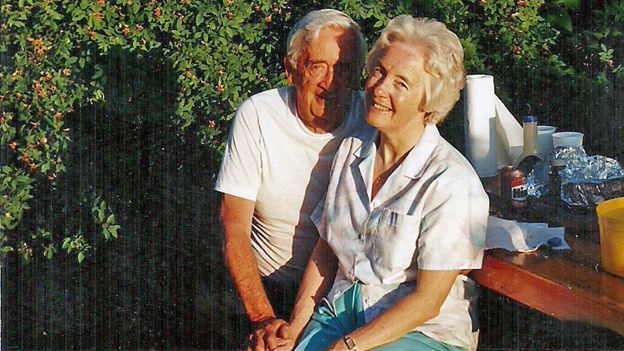Middletown Dreams by Rush - one of my favourite songs.
There is something evocative and beautiful about a song.
Songs have the capacity to transport us to far off shores or to the innermost parts of our being; to lift or to lower our mood. Music also can carry or even tell a community’s story - think about the music you enjoy and the way that it hangs as a backdrop to your own life or the way that you have enjoyed in sharing it with others. Music can also tenderly hold our hopes and dreams - the psalms in the heart of the Old Testament do just that - they bring every gamut of human emotion and experience into the presence of God.
But that is true in the secular sphere - cast your minds back to the One Love Manchester concert organised by the singer Ariana Grande following the terrorist attack at her concert held at the Manchester Arena where 23 people died and 139 people were injured; or further back to the Live Aid concerts. The music performed on those occasions carried themes of love and justice which transcended politics, race and creed and carried a universal hope.
/https%3A%2F%2Fblueprint-api-production.s3.amazonaws.com%2Fuploads%2Fcard%2Fimage%2F500496%2Fd3461d2e-b8bf-4e44-bf98-6e02beab2457.jpg) |
| Ariana Grande at teh One Love Manchester concert. |
But that is true in the secular sphere - cast your minds back to the One Love Manchester concert organised by the singer Ariana Grande following the terrorist attack at her concert held at the Manchester Arena where 23 people died and 139 people were injured; or further back to the Live Aid concerts. The music performed on those occasions carried themes of love and justice which transcended politics, race and creed and carried a universal hope.
There is also something about a song which touches our hearts in such a way that enables us to enter into the reality and experience of that which is being voiced. When we listen to love songs we find a new language to express our deepest feelings for another. When we hear a song crying for justice it gives us new solidarity with those who long to be set free. In other words, in the same ways that the food that we consume becomes part of us to enable us to live - we are what we eat - what we sing shapes our inner world in such a way that it can cause us to reshape our outer world individually and corporately - we are what we sing or what is sung over us. We are both homo sapien and homo musicus.
Humanity’s experience of God can be described as the greatest love song ever sung. In the words of Scripture and in people’s experience of the Divine we hear a simple three-line song - I love you, I want to be with people like you, will you be with me? It is an invitation to hear the song of love and to join in.
In our Gospel reading, we encounter Elizabeth and Mary pregnant with children, but pregnant with so much more. They are also the many in our world who long to see different opportunities, possibilities and outcomes brought to birth: the hospitalised woman longing to be well; the accused man longing for justice; the hungry family longing for food; the refugee longing to be accepted in their new homeland; the workless on unemployed longing for meaningful employment; the middle-aged housebound man longing to be pain free; the gay woman longing to be accepted by her parents and her church; the elderly grandfather longing to be lucid and heard. They all sing their own songs with countless others, all of which echo God’s song of love and community for all.
Mary supremely sings of this pregnant longing. We hear this song read as scripture, we sing it in our hymnody, we pray it at Evening Prayer but all too often, the song doesn’t sound like good news to us because we are by in large well fed, or rich, or in positions of power and might compared to others locally and globally — or if we benefit from systems that oppress. Mary articulates an end to economic structures that are exploitative and unjust. She speaks of a time when all will enjoy the good things given by God.
If we only hear the Magnificat as scripture or an evening prayer we fail to hear the call of God through it to the transformation of our lives and of our world, and we all too easily hear the words but do not listen to what they say of the love that God has for us all but especially for those that we all too often push to the margins or silence or disempower.
If we only hear the Magnificat as scripture or an evening prayer we fail to hear the call of God through it to the transformation of our lives and of our world, and we all too easily hear the words but do not listen to what they say of the love that God has for us all but especially for those that we all too often push to the margins or silence or disempower.
We have closed our ears to Mary’s radical song of resistance, even though there is so much oppression and evil in the world. We have turned Christmas into a cattle-lowing, no-crying-he-makes Jesus, Silent Night. With only hours before we celebrate his birth, we are in danger of soft focusing the manger scene failing to realise that the birth of her son in animal feeding stall are the actions to accompany the song Mary sang in Elizabeth's company. With only hours before we celebrate his birth, we are in danger of airbrushing out impoverished social outsiders like shepherds who are not just called to the manger by angels, but because they join in in a version of Mary’s song.
Today we really need to hear Mary’s song; we need to listen to what Mary’s song says to us; we need to listen what Mary’s song says about us; we need to hear what her song says about those we don’t/won’t/can’t/shan’t see or hear. But we can only do any of that if we are singing too.
Today we really need to hear Mary’s song; we need to listen to what Mary’s song says to us; we need to listen what Mary’s song says about us; we need to hear what her song says about those we don’t/won’t/can’t/shan’t see or hear. But we can only do any of that if we are singing too.














